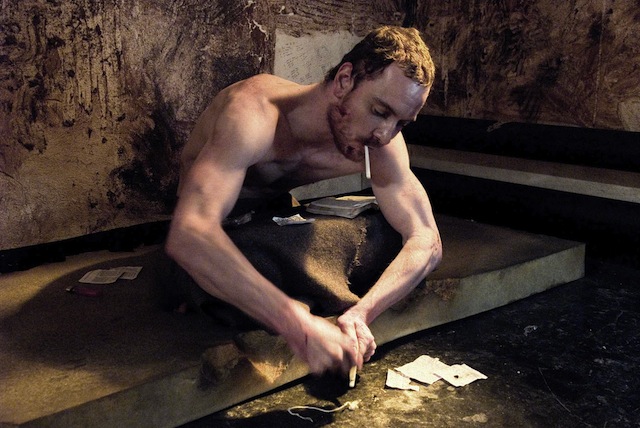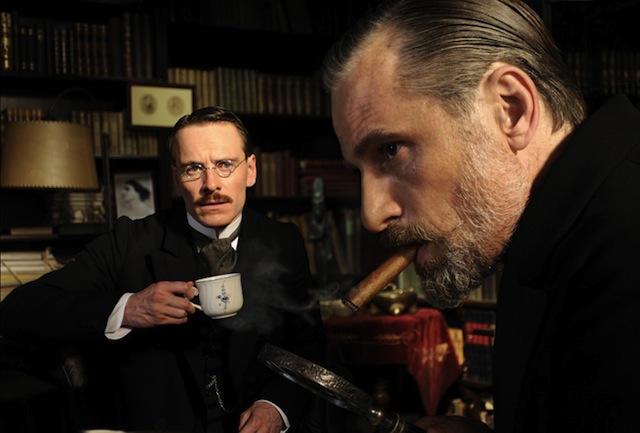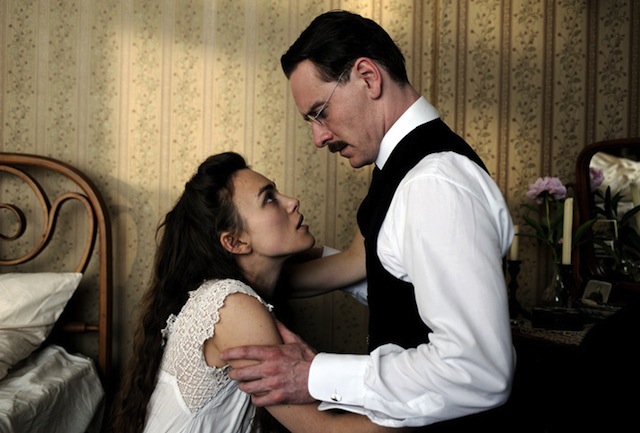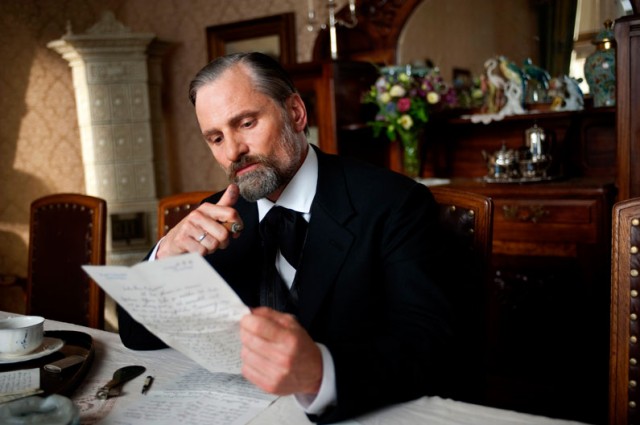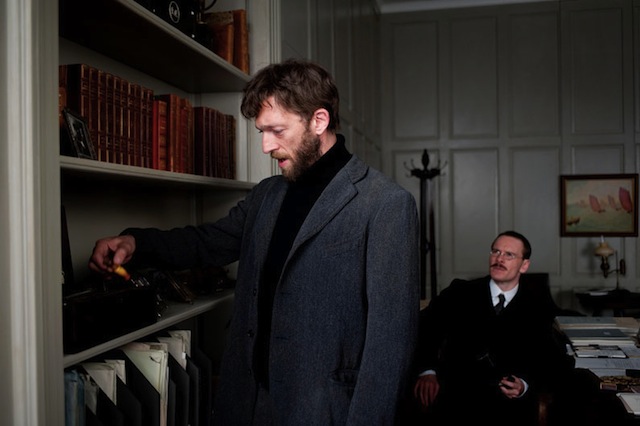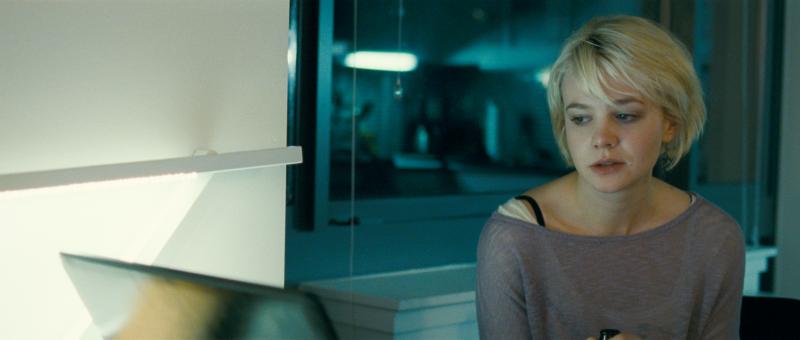First, I would like to thank Paula of Paula’s Cinema Club for asking me to take part in the blogathon, Future Classic Movies. Here is the Rule of Engagement:
The job is to predict at least one movie from 2000 to the present that will endure 30-40+ years into the future, much like CASABLANCA or GONE WITH THE WIND have done today. Bonus predictions could be who will be hosting on this channel and how will movies be delivered to the consumer (hologram, chip in the brain, etc.).
After much deliberation and back and forth, I have decided on Steve McQueen’s 2008 feature film debut Hunger. I have only seen it once and the experience had such an impact on me that I cannot imagine that this film will be forgotten by any and all who see it.
Simply stated this is an amazing debut for the Turner Prize winner; he handles the film with a level of confidence that you would expect in someone very experienced. For me this is a perfect example of cinema as an art form. Hunger features Michael Fassbender (in his breakthrough performance) and Liam Cunningham (The Guard).
The story is a very controversial one that centers on IRA member Bobby Sands (Fassbender), who along with his fellow imprisoned IRA members embarked on a hunger strike. This series of events would lead to Sands’ demise.
Not to diminish the political impact or significance of the events surrounding the film, but this is part of the reason that I feel the film will continue to be a source of debate in the decades to come.
As a work of cinematic art, McQueen uses very few words to tell us an emotionally charged story, often in disturbingly graphic detail, about the conditions the inmates placed themselves under. On a more esoteric level, the piece is on a statement on the lengths an individual (or group of individuals) will go to for a set of convicted beliefs. McQueen also manages to tow the fine line of not necessarily taking sides with the issue. In fact, in the film’s only dialogue – heavy scene between Sands and Liam Cunningham’s priest’s demonstrates the fine line between passion, conviction and irrational fervor.
